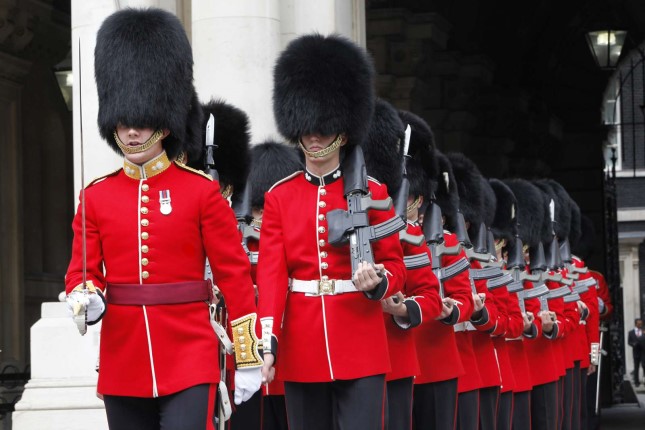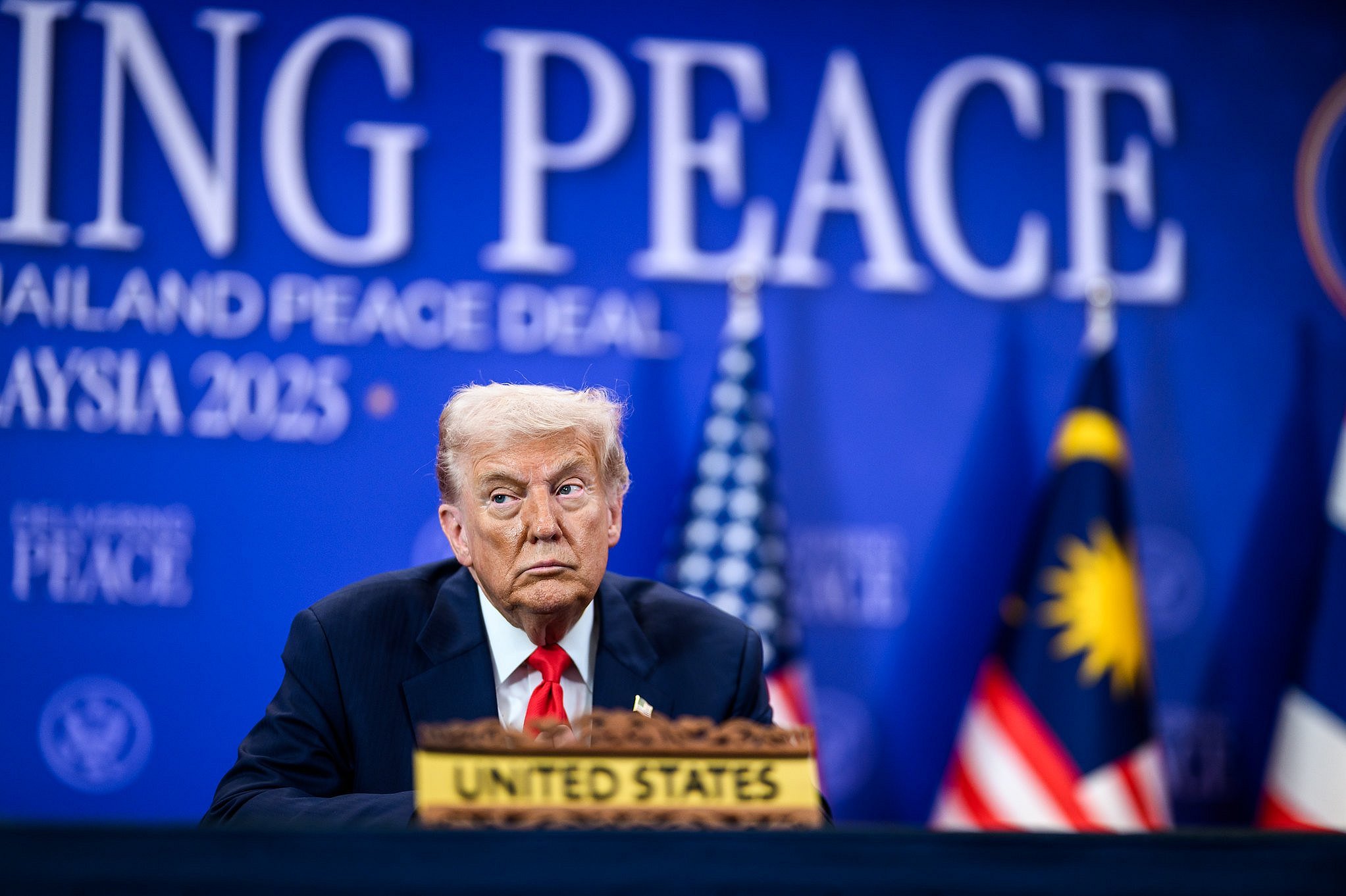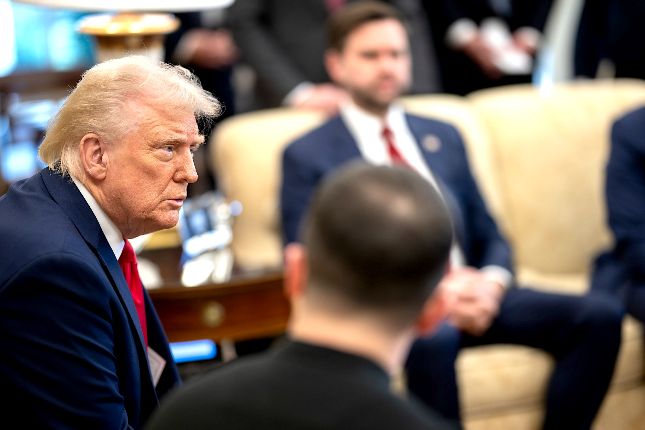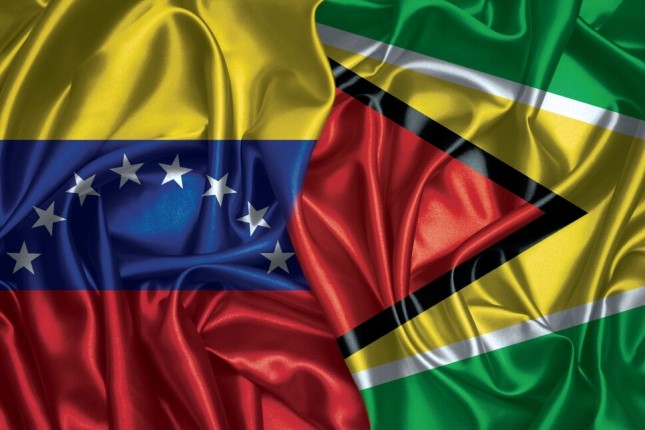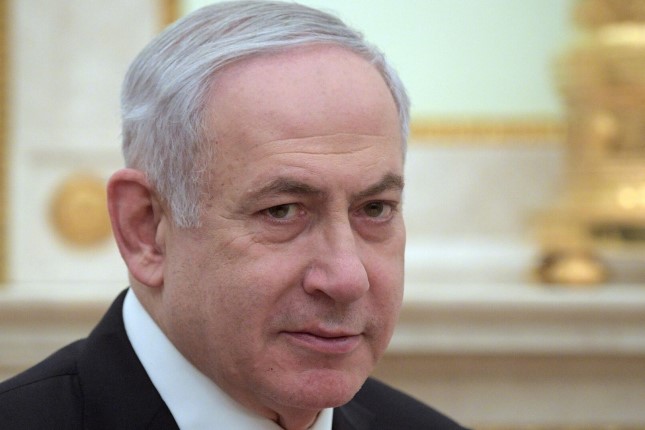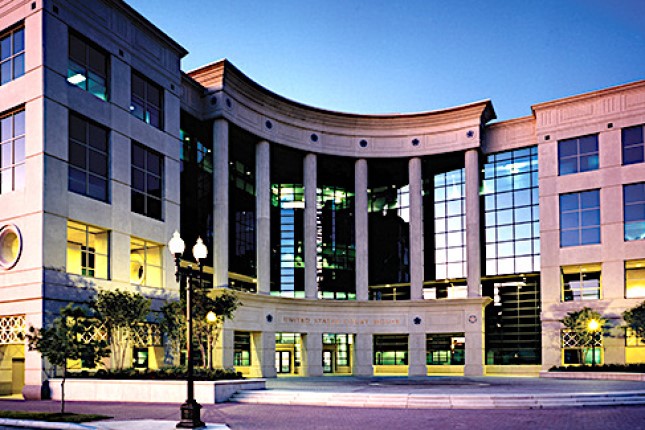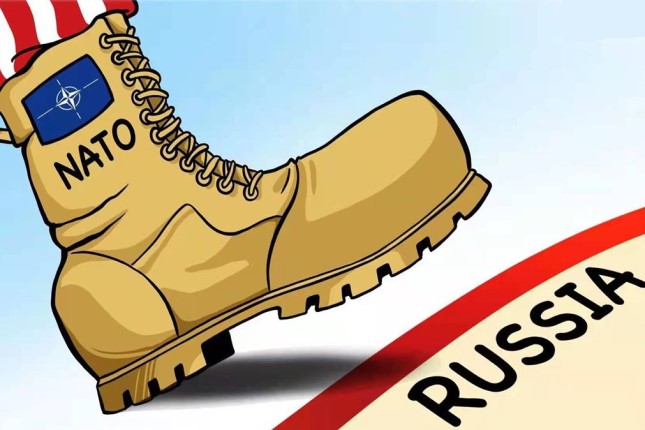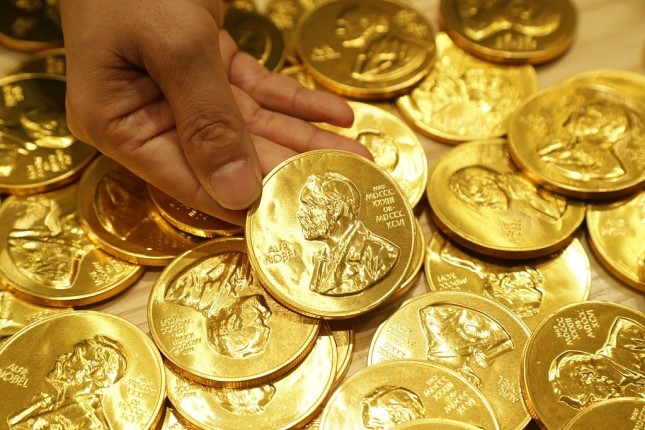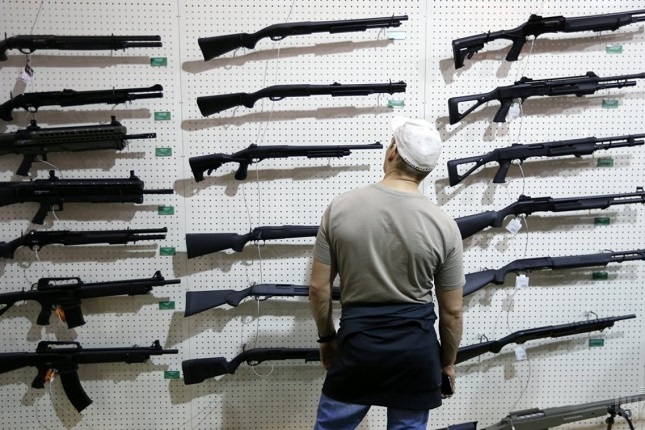US President Joe Biden will not attend the coronation of Charles III. He informed the King of Great Britain of this in early April in a telephone conversation. Biden congratulated Charles III on his upcoming coronation and said his wife, Jill Biden, would be present at the May 6 event.
The official reason is that due to his age, foreign trips take a lot of energy from the president, and he has already scheduled a long trip.
On April 11, Joe Biden arrived in Northern Ireland and immediately at the airport near Belfast he made yet another anti-British gesture - he pushed aside British Prime Minister Rishi Sunack who was trying to meet him. This caused another flurry of indignant publications in the British press.
Biden flew to Northern Ireland to celebrate the 25th anniversary of the Good Friday Agreement, which ended years of bloody conflict between Catholics and Protestants in Northern Ireland. From there he will travel to the Republic of Ireland, where the American leader "will discuss the two countries' close cooperation across the spectrum of global issues."
In Britain, the choice to visit Northern Ireland was perceived as a stab in the back. Many MPs, especially from the Conservative Party, call Biden's attitude toward London dismissive. Especially against the backdrop of everything that now links the US and Britain in the conflict over Ukraine.
The blow is doubly painful because Biden is openly proud of his unofficial title as the "most Irish" president in US history (his ancestors are from Ireland). He also makes no secret of his skepticism of Britain. Thus, one of Biden's first decisions after his official confirmation as president was to remove the bust of Churchill from the Oval Office.
However, the US president's decision not to attend the coronation of Charles III goes far beyond US-British relations. It concerns the new quality of US relations with its European allies. And it must be seen in the context of French President Emmanuel Macron's visit to Beijing to meet with Chinese President Xi Jinping.
New relations with Europe
After his return from China, Macron declared that the key goal of European policy should be "strategic autonomy" from the United States." The day you no longer have a choice on energy, self-defense, social networks, or artificial intelligence because you lack the infrastructure on these issues, you will be out of history for a moment," Macron told the French media on the flight back from China.
Macron has also completely disassociated himself from the American anti-Chinese policy on Taiwan. "The worst thing would be to think that we Europeans must become followers on this topic and take our cue from the US agenda and a Chinese overreaction. The great risk Europe faces is that it gets caught up in crises that are not ours, which prevents it from building its strategic autonomy. If we encounter the escalating conflict between the two systems, we will not have the time nor the means to finance our own strategic autonomy, and we will become vassals, whereas we could become the third pole, if we have a few years to develop this."
In Brussels, Macron's statement was generally supported, although it is clear that in the European Union, the difference of opinions on the issue with the United States can be very great. However, it is already clear that continuing confrontational course in the conflict over Ukraine will lead to a deep crisis in relations with China. And without China and Russia – fully oriented to the US - Europe will quickly come to the loss of any independence and decline.
Macron's visit to Beijing, as a reaction to the Chinese peace plan, indicated that China has become a full-fledged alternative pole of power, which is recognized among others by Europe. Under the new conditions, the US relations with its European allies will be, and are already being, subjected to a general revision.
And, above all, the relationship with Great Britain is under revision. Thus, according to the European Research Group, which reflects the opinion of British conservative Eurosceptics, Biden's decision not to go to the coronation was based solely on the domestic political agenda. Support by the Irish and Catholic communities in the US is more important for him than foreign policy relations with one of the central, it would seem, NATO allies.
As for the balance of foreign interests, today, Germany is economically more important to the US, and Poland is politically and militarily more important. On many issues, such as transatlantic cooperation in the field of high technology, Ireland is a strategic partner of the United States. For example, Amazon, Apple, Facebook and Google all have their European headquarters in Ireland.
On the other hand, the UK turns out to be too ambitious but not valuable enough, an asset that is also becoming increasingly expensive to maintain.
All attempts by Britain after Brexit to build a new economic relationship with the US have come to nothing. Proponents insisted that leaving the EU would open the way to a free trade agreement with the US that would compensate for trade losses with Europe and eclipse trade deals with countries such as Australia or New Zealand. However, in September 2022, then-British Prime Minister Liz Truss acknowledged during a visit to New York that a trade deal was not imminent. "There aren't currently any negotiations taking place with the US, and I don't have an expectation that those are going to start in the short to medium term," Truss said.
Britain is cut off from the main neighboring markets of Europe and the United States. Attempts to build a "global partnership" with China are devalued: after Macron's visit, France will take the place of China's main European partner, which the British hoped for after the royal reception of Chairman Xi in London in 2015. On the capital market, the City of London is losing its position, which in many ways ensured the competitiveness of the British economy. Offshore oil production in the North Sea is falling, and to alleviate the energy crisis, the government has been forced to extend the life of nuclear power plants, which had previously been scheduled to close in the next couple of years due to the discovery of cracks in the reactor cores. Britain's military importance is also declining, as even the escalation of the conflict in Ukraine has shown; there are no funds for a dramatic increase in military spending.
Maintaining the integrity of Great Britain, the second most populous country in Western Europe after Germany, is becoming increasingly difficult. Separatist sentiments have intensified in Scotland and Northern Ireland against the backdrop of the exit from the EU, whose residents do not understand why they should pay the price of falling living standards because of London's phantom imperial pains.
How far will devolution go?
Under these circumstances, Biden's visit to Northern Ireland and Ireland looks even more threatening to London.
According to the results of the 2021 census, for the first time in history the number of Catholics in Northern Ireland was greater than the number of Protestants. Specifically, 47.7% of residents of this entity of Great Britain count themselves as Catholics, and 43.5% as Protestants. Ten years ago, in Northern Ireland, there were 45% Catholics and 48% Protestants. In 1921, when Northern Ireland was created, two-thirds of its inhabitants counted themselves as Protestants and one-third as Catholics.
Northern Ireland was created specifically to support Unionist Protestants who were in favor of staying in the United Kingdom. But in a hundred years the demographic situation has changed radically.
In the May 2022 elections, the Sinn Féin party, which advocates a united Ireland, won first place in the Northern Ireland Assembly elections for the first time. It won 27 seats in the election, ahead of the Democratic Unionist Party (25 seats out of 90).
Joe Biden is not just the second Catholic president of the United States, after John F. Kennedy, he is a committed Catholic. And he, like the 42nd US President Bill Clinton, owes his political career largely to the pro-Irish lobby in the Democratic Party. And it was Bill Clinton who promoted the signing of the Good Friday Peace Accord in 1998.
Since the late 1990s, the process of devolution, i.e. transfer by the central government of some of its powers to local authorities, was launched in Great Britain. It strengthened local nationalist political forces in Northern Ireland and Scotland. In Scotland, it led to two attempts to secede from Britain through a referendum on independence (the second, scheduled for 2022, was overturned by the Supreme Court). Even in sleepy Wales, a special commission on independence was created in 2021.
The Irish have been quiet so far. Probably because of the hard experience of years of bloody conflict. But how long will the supporters of united Ireland restrain themselves?




















